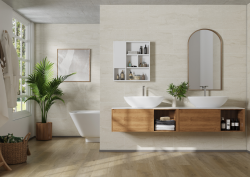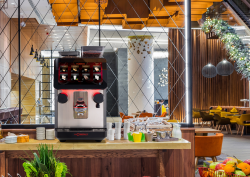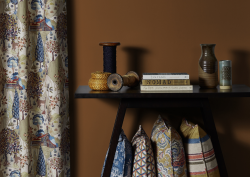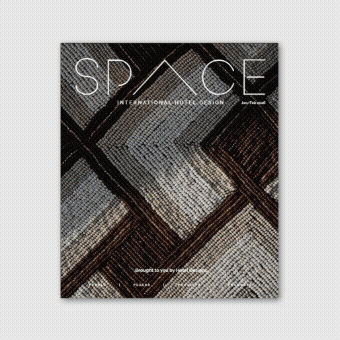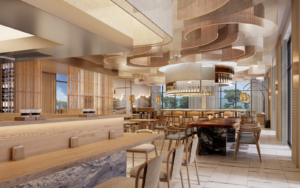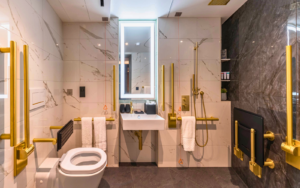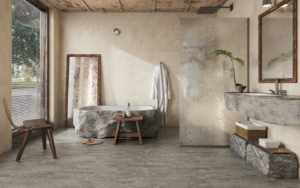With a wide variety of colours, shapes, designs and sizes to choose from, Hyperion Tiles Director Richard Skeoch gives his top tips on which materials to consider when adding tiled pattern to a wall or floor…
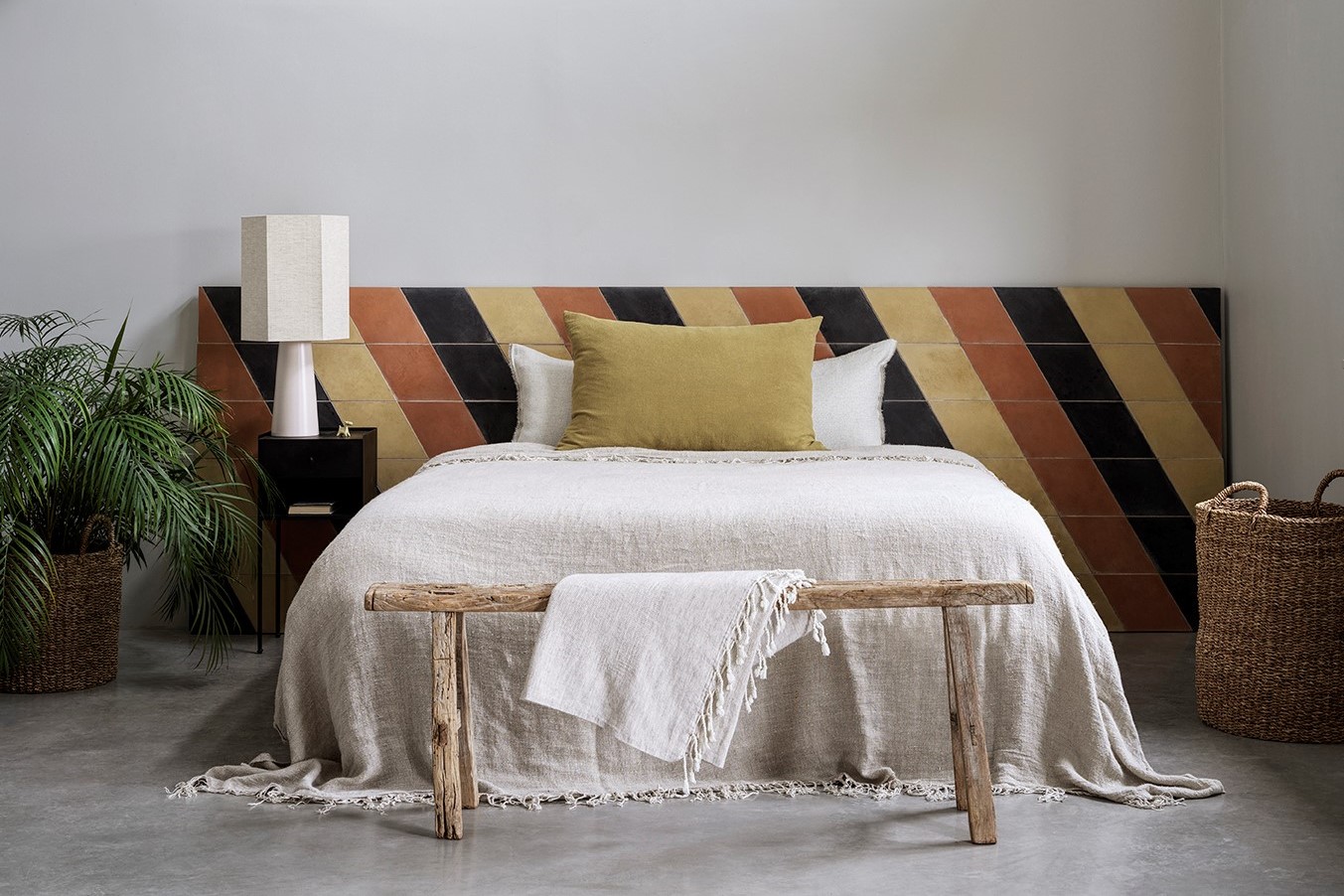
Patterned floor tiles and wall tiles can be used to maximum effect and make an instant style statement, while additionally being a practical design solution in a hotel or hospitality environment. Aside from colours and surface patterns available from Hyperion Tiles, the material of the tile also needs to be considered when deciding on the appropriate pattern to take up the wall or lay on the floor.
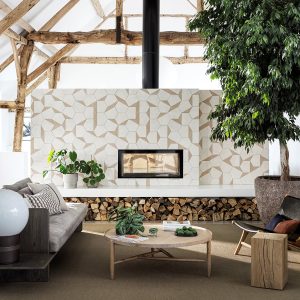
When focussing on the floor, durability and slip-resistance is key, making porcelain a preferred choice. Taking tiles and pattern up the wall, the options are greater. Some patterned floor tiles may be suitable for both surfaces, giving a seamless design and making a strong statement. Additionally, a tile shape, structure and the way it is laid can be used to create a pattern that is not dependant on decorative surface pattern.
“Ceramic versions can make fantastic wall tiles because they are softer and easier to cut,” explained Richard Skeoch, Director, Hyperion Tiles. “They tend to cost less than porcelain and will absorb more water than their porcelain counterparts. Ceramic patterned floor and wall tiles come in a variety of intricate patterns. However, they can be prone to cracking in extremely cold weather. So they may be less suited to patios or garden paths, for example.”
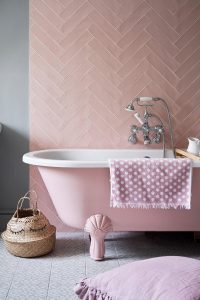
Image credit: Hyperion Tiles
The reflective qualities of glass tiles can make a space feel larger and lighter when adding pattern to a surface. “In the form of patterned floor and wall tiles, these tiles can help to bounce light around a room, ” continued Skeoch. ” You’ll also find they’re easy to maintain as you can keep them clean with soapy water. Their non-absorbent properties make them a great choice for a room with high humidity, such as a bathroom.”
A Stone tile is another great choice for patterned floor and wall tiles as it is incredibly dense and hardwearing. Natural stone also tends to age beautifully which gives it its innate charm and inherent beauty. Depending on the stone you choose, the tile will require some form of sealing. Marble, for example, is naturally porous and resealing with specialist products may be necessary from time to time.
Encaustic tiles, otherwise known as cement, come in a host of colours and patterns. Mineral pigments are mixed and poured into a mould and they are cured at room temperature with a coloured layer on top. “These tiles have a high thermal mass so they hold their temperature well,” said Skeoch. ” They are also highly versatile, so you could install encaustic patterned floor tiles, which flow from indoors to outside living areas.”
Hyperion Tiles deliver an exceptional portfolio of products for floors, walls and ceilings which, will stand the test of time and have a highly skilled team available to offer expert advice, such as technical know-how and in-depth product knowledge, to hoteliers, designers, specifiers and architects.
Hyperion Tiles is one of our Recommended Suppliers and regularly features in our Supplier News section of the website. If you are interested in becoming one of our Recommended Suppliers, please email Katy Phillips.
Main image credit: Hyperion Tiles








